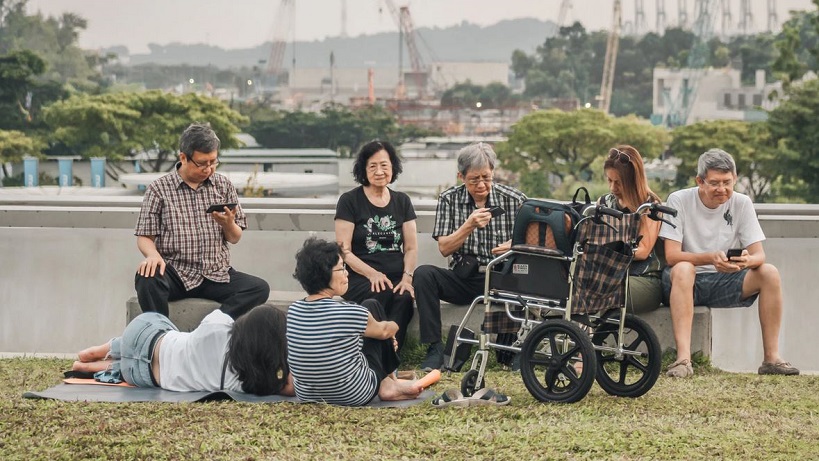Prof Tom Cheung
PhD in Biochemistry
Associate Head (Research and Development), Division of Life Science
S H Ho Associate Professor of Life Science
Associate Professor
Director of Biotechnology Research Institute Director of HKUST-MGI Joint Research Center
Director of HKUST-Nan Fung Life Sciences Joint Laboratory
Associate Director of Biosciences Central Research Facility
Associate Director of HKUST-Shanghai Sixth People's Hospital Joint Research Center for Brain Science
Hong Kong is facing the challenge of a rapidly aging population. Sarcopenia, the loss of muscle mass and strength during aging, is prevalent among the aged population. Decline in mobility is unpreventable with people suffering from sarcopenia since the muscles simply do not function as well as they used to, and this is often linked to the exhaustion of stem cell functions. Recognized stem cell biologist Prof Tom Cheung is currently working with two doctors from the University of Hong Kong to conduct biomarker studies. The study aims to understand the underlying cellular mechanism of sarcopenia and to identify biomarkers for early detection of sarcopenia during aging. Early detection of sarcopenia is crucial for treatments and interventions to reduce the subsequent burden on individuals and society.
Stem cells can be identified in every tissue. In normal situation, stem cells divide and self-renew to generate new daughter cells to replenish the stem cell pool. When exposed to injuries, stem cell functions fall short in aged tissues. Interestingly, old stem cells can resume full function in a day or two, even almost as good as young cells, when placed in an in-vitro environment. These results suggest that the primary cause of functional declines in stem cell could be influenced by the environment in which the stem cells reside.
Prof Cheung is seeking to gain further insights into how defects in pathway activity could lead to functional decline of stem cells, paving the way to discoveries of methods to reactivate aging stem cells, ultimately improving our healthy life-spans and quality of life.
